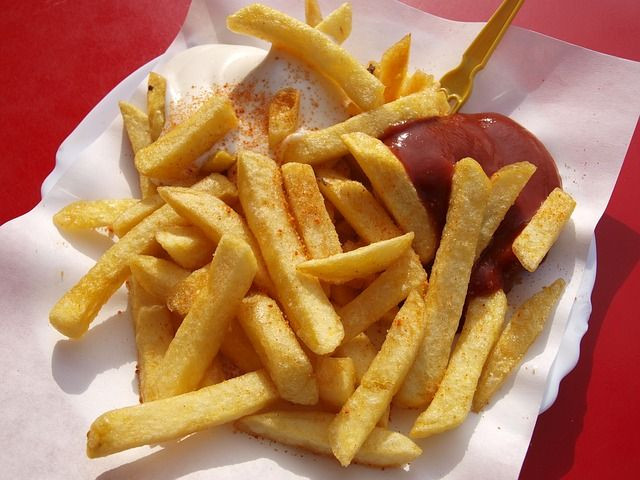Why Aren’t I Losing Weight? Lack Of Protein In Diet Could Make You Consume More Calories, Study Suggests

Unable to loss weight no matter how much you diet? It could be that your menus lack protein. A new study has found a correlation between unhealthy weight and protein deficits in an individual’s diet.
The study, published online in American Journal of Human Biology, found that limited access to dietary protein makes women consume more calories and eventually may lead to obesity. This finding is based off something known as the the protein leverage hypothesis, which posits that if a person does not eat enough protein to meet the body's intake needs, an innate appetite for protein will make the person keep eating, UPI reported.
Read: How To Get More Protein, Iron From Beans: Health Benefits of Fast-Cooking Legumes
“Studies conducted in a laboratory setting show that when people eat a diet with a lower proportion of protein, they tend to consume more calories," Traci Bekelman, a post-doctoral fellow in pediatrics at the CU School of Medicine and lead author of the study, said in a press release. "We tested out this relationship between protein and calories in a real world setting in order to provide insight into rising obesity among the poor in Latin America."
According to The University of Sydney, the protein leverage theory suggests that if animals are given food that is low in protein but rich in carbohydrates, they will keep eating the carb-heavy food until it has supplied them with enough protein. As a result, this increases their overall energy intake, leading to weight gain. However, this theory is hard to prove in humans whose diets have far more variety, and are more difficult to control.
For the study, the team studied the weight and diets of 135 Costa Rican women from three socioeconomic categories. Results showed obesity rates were higher when the proportion of protein in the diet was lower.
The BBC recommend that the average person have 0.8 to 1 gram of protein per 1 kg of body weight, with more recommended for athletes. But how exactly does one get more protein into their diet? Meat is arguably the easiest way to get protein into your diet, with chicken and turkey being an excellent source of lean protein, or protein with the least amount of fat. However, if meat isn’t your thing, there are plenty of vegetarian sources of protein. Beans and pulses are particularly high in protein, as well as fiber and iron.
Source: Berkelman T, Santamaria-Ulloa C, Dufour DL, Marin-Arias L, Dengo AL. Using the protein leverage hypothesis to understand socioeconomic variation in obesity. American Journal of Human Biology . 2017
See Also:
Meatless Protein: 7 Great Sources Of Protein Other Than Meat
Get Stuffed: Scientists Uncover Why High Proteins Foods, Like Meat And Dairy, Make You Feel Fuller



























